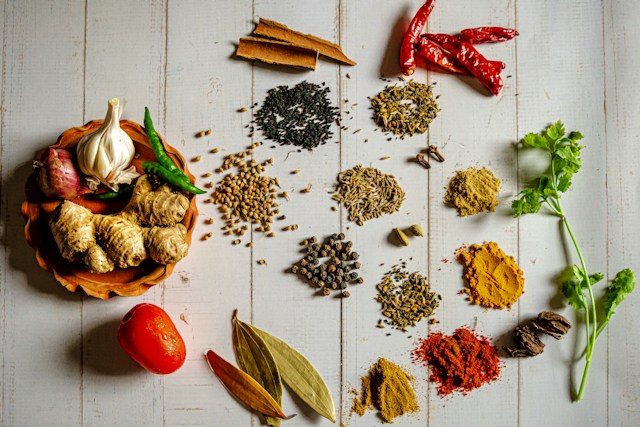About Constipation
Constipation is defined as having fewer than three bowel movements per week or experiencing difficulty passing stools. Common symptoms include bloating, abdominal discomfort, and the feeling of incomplete evacuation. Many of us experience constipation at some point in our lives. However, there are many practical dietary tips and lifestyle changes which may support a healthy, regular digestive system.
Nutrition Tips
Here are some foods which may reduce constipation:
Fibre: A diet rich in fiber is a cornerstone of digestive health. Opt for whole grains, legumes, fruits, and vegetables. They add bulk to stools, making them easier to pass. Aim for at least 30 grams of fiber daily.
Fermented Foods: Foods like yogurt, kefir, sauerkraut, and kimchi are rich in beneficial probiotics that support a balanced gut microbiome, aiding digestion.
Kiwi: Studies have shown that kiwis may help improve bowel function in patients struggling with constipation. Kiwis are a good source of dietary fibre, with each medium-sized kiwi containing around 2-3 grams of fiber. They also contain also contain an enzyme called actinidin, which can help break down proteins and improve digestion. Aim for two kiwis each day.
Ground Flaxseeds: Flaxseeds contain mucilage, a gel-like substance that forms when they come into contact with water. This mucilage can act as a mild natural laxative, softening the stool and making it easier to pass. Ground flaxseeds are easier to digest and absorb than whole flaxseeds. You can add them to various foods and beverages, such as yogurt, smoothies, oatmeal, or baked goods. When consuming flaxseeds, be sure to drink plenty of water throughout the day. Aim for one tablespoon of ground flaxseeds each day.
Prunes: Prunes are a natural laxative due to their high fibre and sorbitol content. Enjoy a few as a snack. You can also soak ground flakseeds in prune juice and consume first thing in the morning.
Hydrate: Stay Hydrated: Dehydration can contribute to constipation. Ensure you’re drinking enough water throughout the day. Herbal teas and water-rich fruits like watermelon and cucumber can also help.
- Supplements: Supplements such as digestive enzymes, probiotics, magnesium and psyllium husks may help. It’s best to speak to a Registered Nutritionist before you supplement.
Lifestyle Tips
- Regular Exercise: Physical activity helps stimulate bowel movements and maintain overall digestive health. Aim for at least 30 minutes of exercise most days.
- Routine: Try to establish a regular time for bowel movements. Your body often responds well to consistency.
- Mindful Eating: Slow down during meals and chew your food thoroughly. This aids digestion and ensures you’re not swallowing air, which can lead to bloating.
- Reduce Stress: High stress levels can disrupt digestion. Practice relaxation techniques like deep breathing, meditation, or yoga to manage stress.
Remember that individual responses to dietary and lifestyle changes vary. If constipation persists or becomes chronic, consult a healthcare professional.




